The Department of Gastrointestinal - Hepatobiliary Pancreatic Surgery, Bach Mai Hospital (Hanoi), recently received and performed emergency surgery to treat peritonitis due to a perforated duodenal ulcer for a student before the 10th grade entrance exam.
Perforated stress ulcer
The patient is NXĐ (male, 15 years old), a 9th grade student preparing for the final exam to enter 10th grade. This male student has a history of gastritis and duodenitis and has received many rounds of medical treatment.
According to the family, the patient has recently been worried about exams, accompanied by more abdominal pain above the navel. After an evening class, the patient returned home with severe abdominal pain and high fever, and the family took him to Bach Mai Hospital for emergency care.
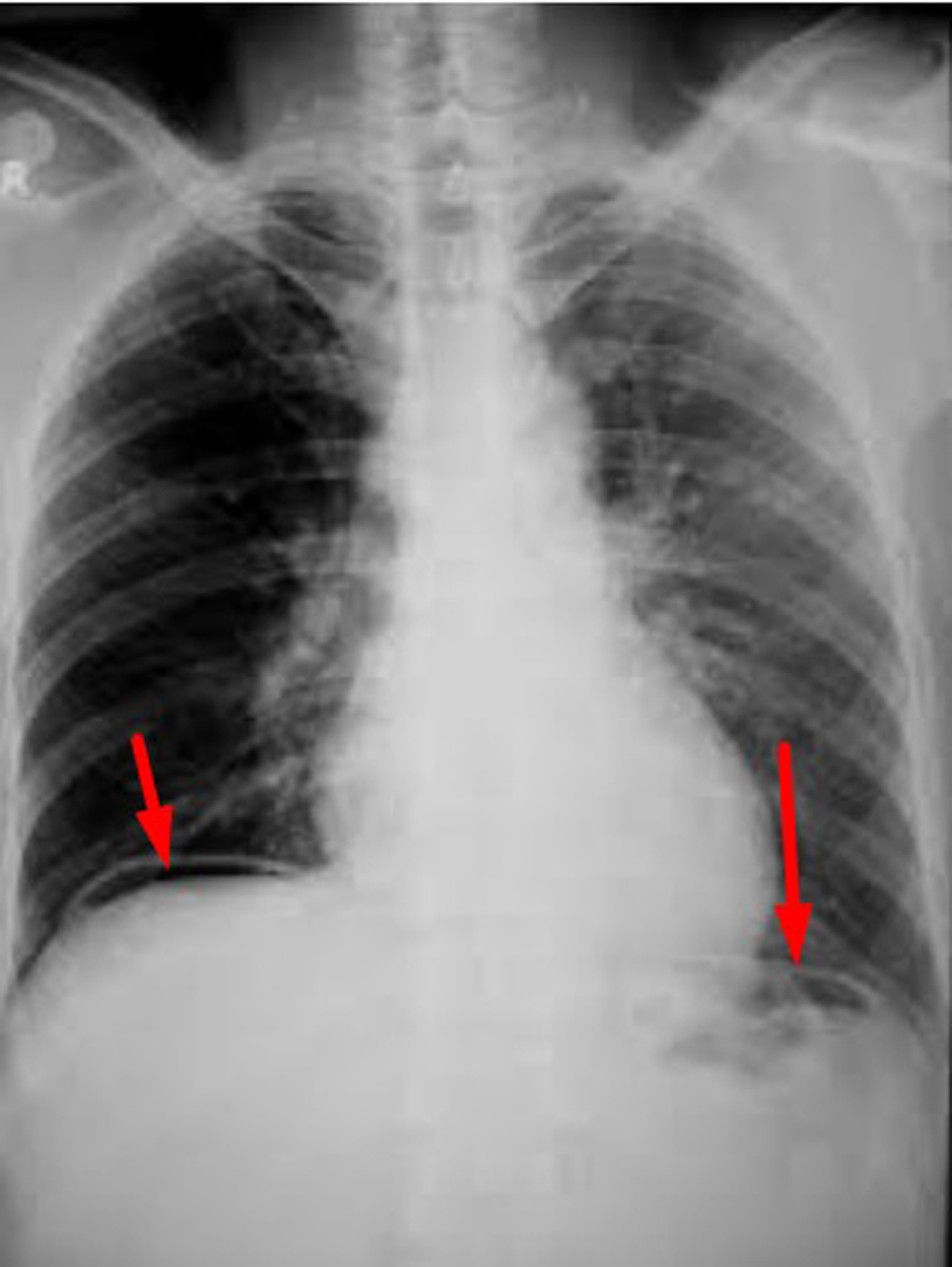
Preoperative subdiaphragmatic free air image showing hollow viscus perforation
The patient was admitted to the hospital with obvious signs of infection, and his abdomen was stiff and painful. After the necessary tests, the patient was diagnosed with peritonitis due to a perforated duodenal ulcer. The patient underwent emergency laparoscopic surgery to suture the perforated duodenal ulcer, clean the ulcer, and drain the abdomen. The patient was discharged after 5 days of treatment and continued to be monitored.
According to Dr. Nguyen Ham Hoi, Department of Digestive Surgery - Hepatobiliary Pancreatic Surgery, Bach Mai Hospital, perforated ulcer is a serious complication of peptic ulcer disease and is the result of an imbalance between the attacking factors (acid, pepsin) and the mucosal protection system of the stomach and duodenum.
Perforated gastric and duodenal ulcers detected and treated late have a mortality rate of 2.5 - 10%; the mortality rate is up to 30% in elderly patients. The complication rate of gastric and duodenal ulcers is about 10 - 20%, of which perforation accounts for 2 - 14%.
Signs of stomach and duodenal pain
Doctor Nguyen Van Minh, Department of Gastrointestinal Surgery - Hepatobiliary Pancreatic, Bach Mai Hospital, said: For school-age children, parents and relatives need to recognize early signs of stress, anxiety, and even fear in children such as: fatigue, nervousness, anxiety, sweating, discomfort, restlessness, emotional disturbances (irritability, frustration, overreaction to normal things), poor sleep, or abdominal pain and diarrhea when stressed...
When there is a stomach ulcer, the child will have dull abdominal pain above or around the navel, similar to digestive disorders. Parents often subjectively treat it themselves with digestive enzymes, deworming, etc., so the disease is often only discovered when complications have occurred. In addition, the child may also have nausea, vomiting, belching, heartburn, etc.
To help children avoid pressure and stress, parents need to help them have a reasonable study plan, avoid concentrating too much before exams, and have time to rest, relax, and exercise. Eat scientifically, practice hygiene, have a regular lifestyle, and avoid staying up late.
"Families should encourage, motivate, and create a comfortable mood for children, not demanding results that far exceed their actual abilities. Do not scold or insult children when the results do not meet expectations...", Dr. Minh shared.
Gastric and duodenal ulcers are diseases that originate from damage to the mucosal layer, the innermost "lining" of the stomach or duodenum. If not detected and treated promptly, the ulcer will penetrate deep into the layers below the stomach wall, causing complications such as perforation, bleeding, pyloric stenosis, cancer...
The causes of the disease are: tobacco and alcohol abuse; irregular eating and living habits; psychological stress... This explains why gastroduodenal ulcers used to be common in adulthood, but are increasingly occurring in younger people, appearing in school-age children due to the pressure of studying and taking exams, especially at the end of the school year. Families needing advice can contact the hotline of the Department of Digestive Surgery - Hepatobiliary Pancreatic Surgery: 086 9587701.
(Source: Bach Mai Hospital)
Source link


![[Photo] Children's smiles - hope after the earthquake disaster in Myanmar](https://vstatic.vietnam.vn/vietnam/resource/IMAGE/2025/4/14/9fc59328310d43839c4d369d08421cf3)
![[Photo] Touching images recreated at the program "Resources for Victory"](https://vstatic.vietnam.vn/vietnam/resource/IMAGE/2025/4/14/99863147ad274f01a9b208519ebc0dd2)
![[Photo] Opening of the 44th session of the National Assembly Standing Committee](https://vstatic.vietnam.vn/vietnam/resource/IMAGE/2025/4/14/03a1687d4f584352a4b7aa6aa0f73792)

![[Photo] General Secretary To Lam chairs the third meeting to review the implementation of Resolution No. 18-NQ/TW](https://vstatic.vietnam.vn/vietnam/resource/IMAGE/2025/4/14/10f646e55e8e4f3b8c9ae2e35705481d)





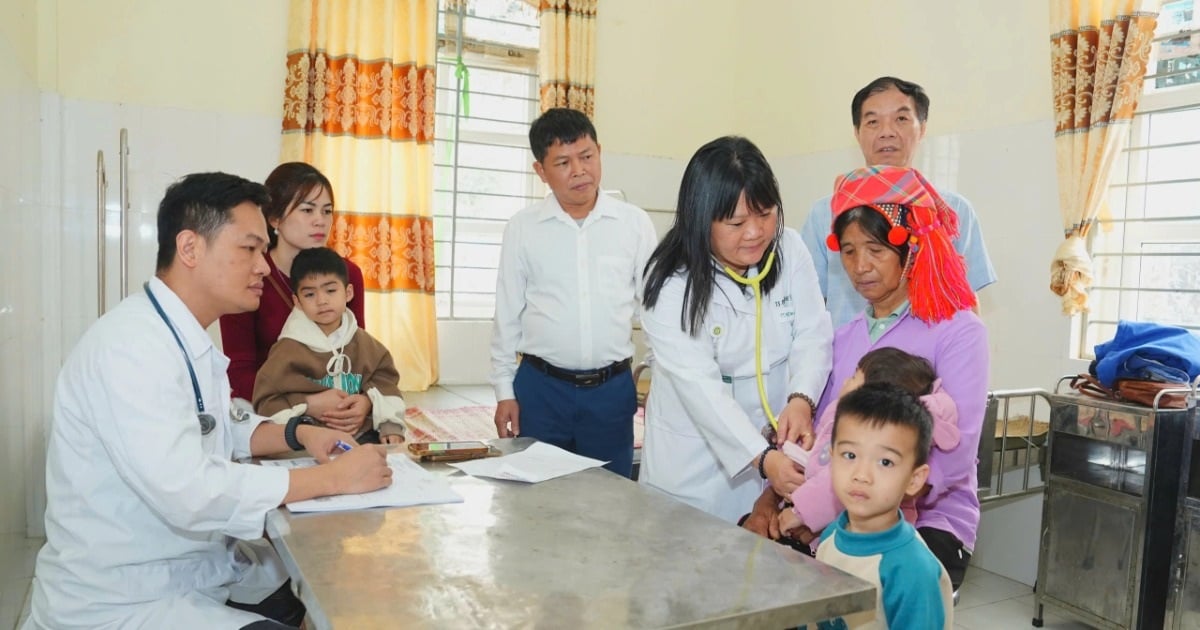







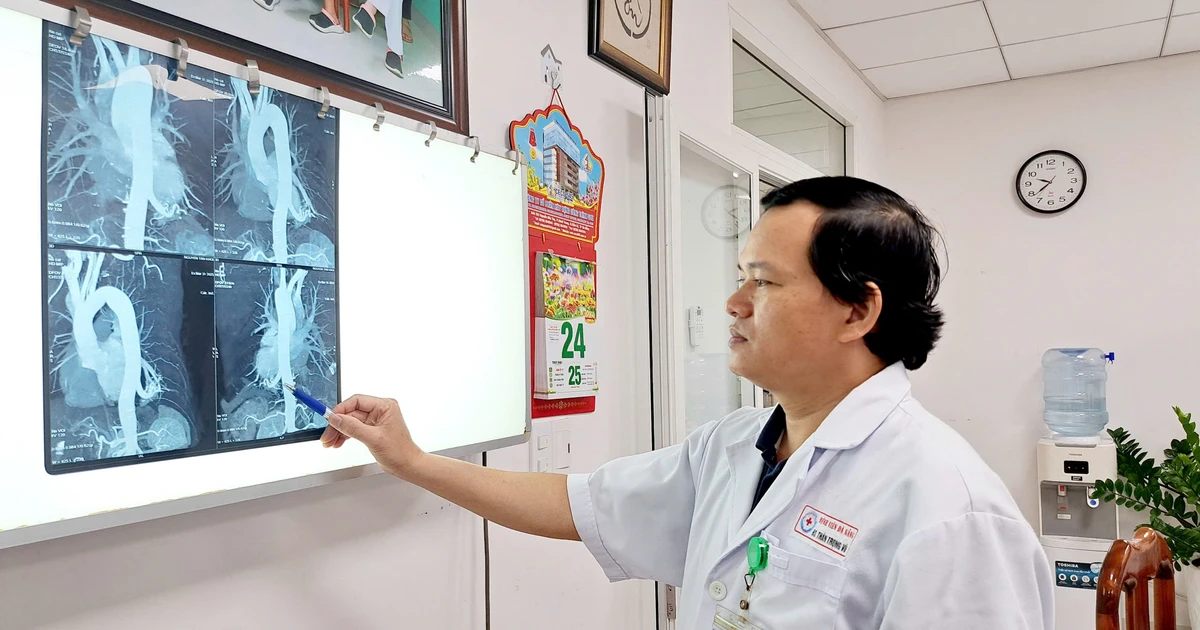



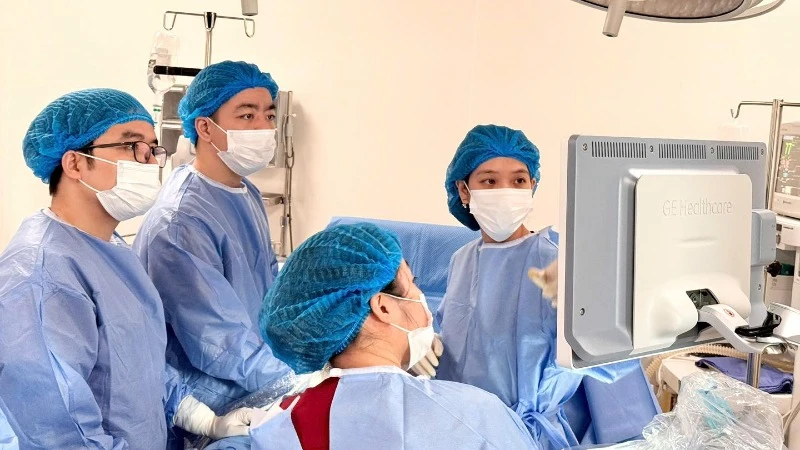







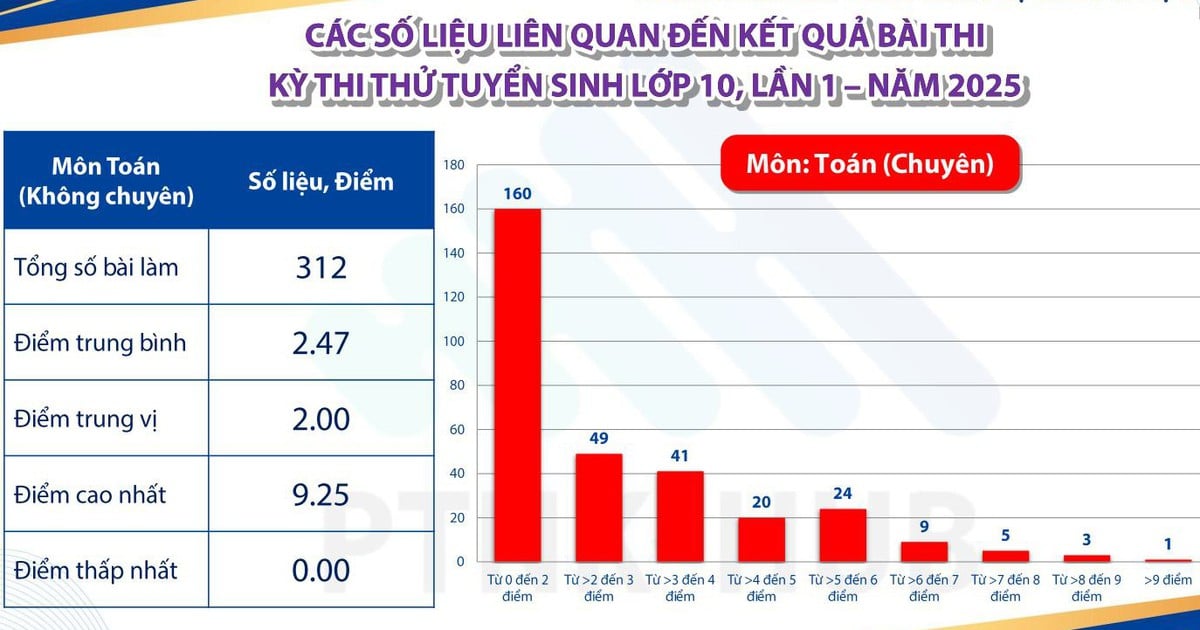











































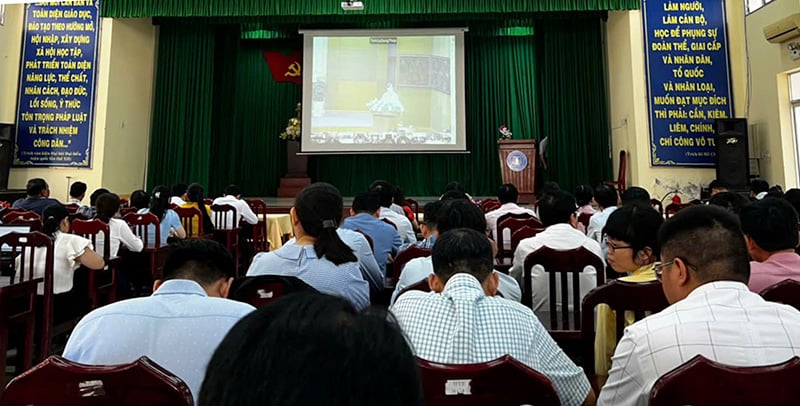
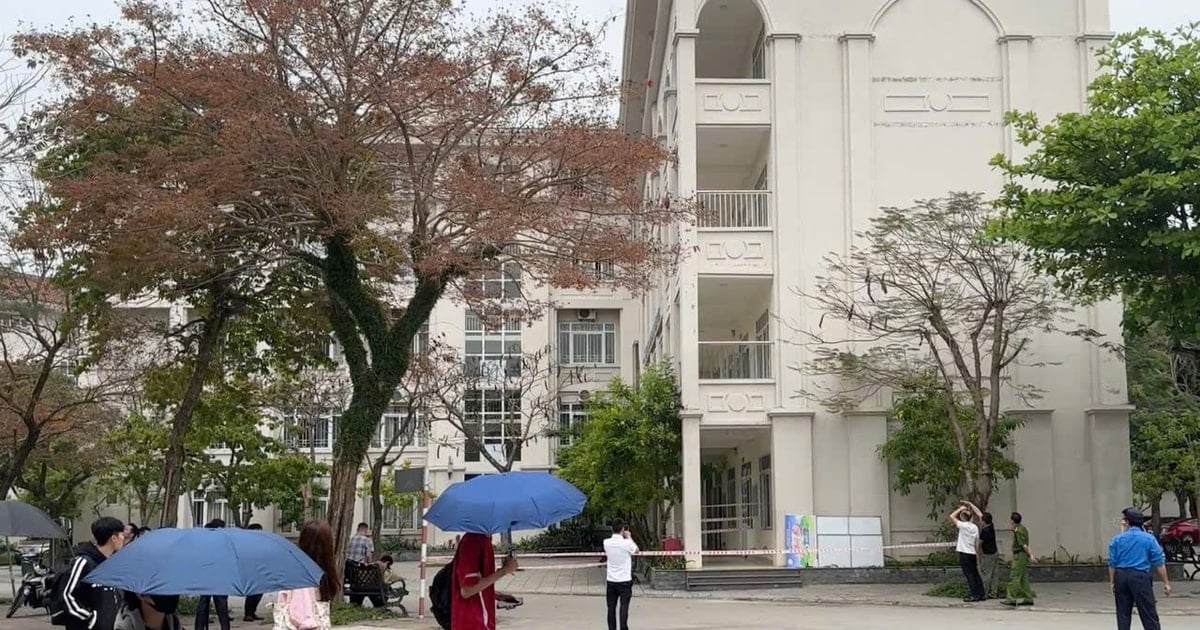
















Comment (0)